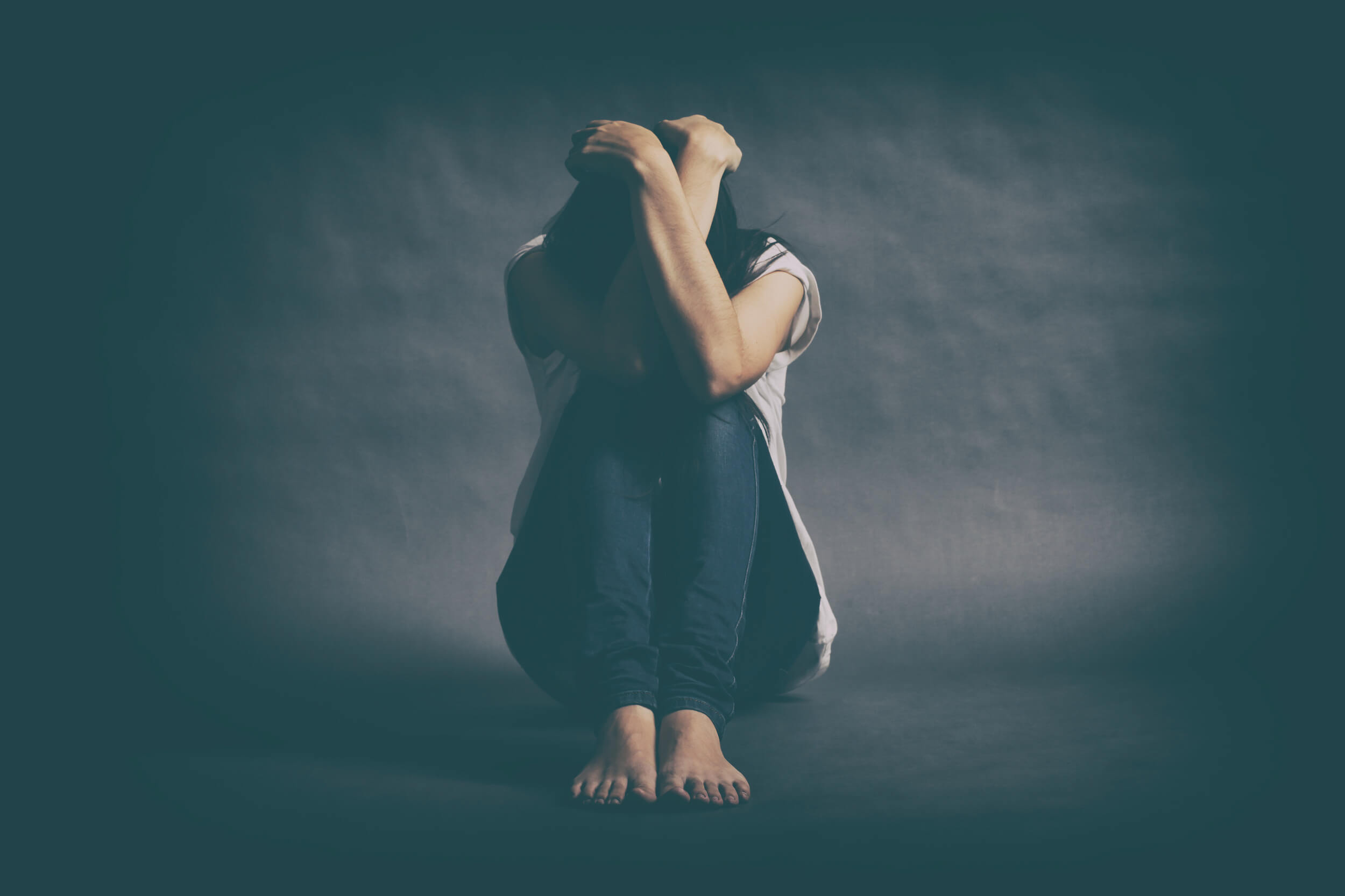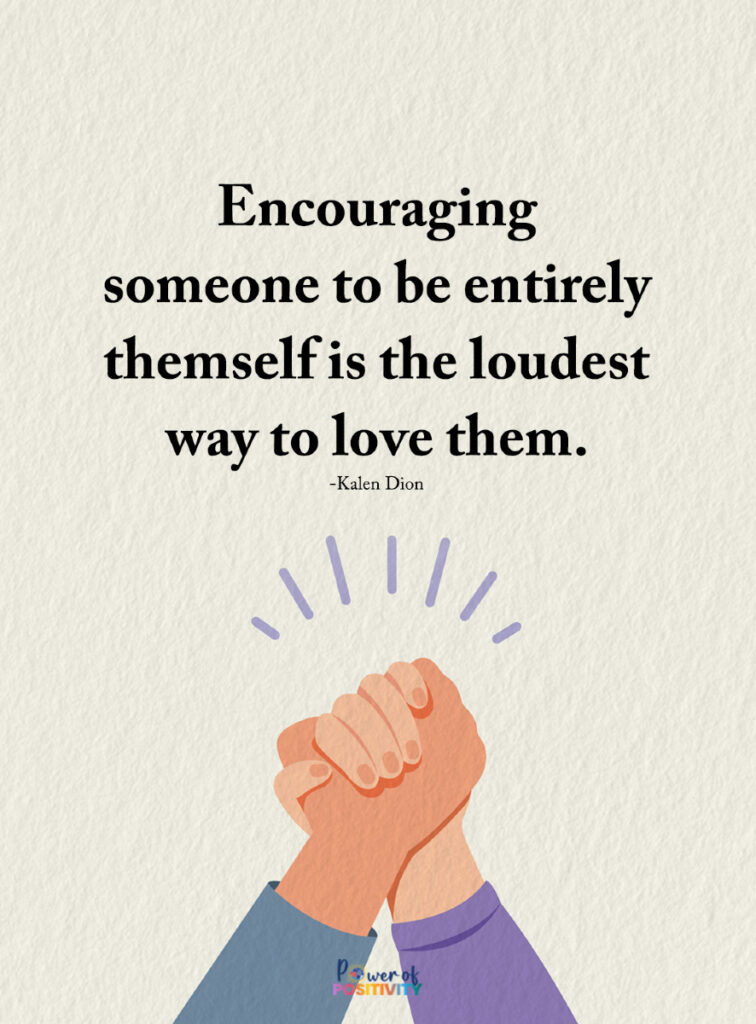Some days feel heavy, like you’re stuck in a fog you can’t shake. Other times, you’re restless, irritable, or making decisions that don’t feel like you. Bipolar depression isn’t just about feeling sad—it’s a rollercoaster of extreme lows that can drain your energy, cloud your judgment, and make everyday life feel impossible.
Psychologists warn that certain signs should never be ignored. These aren’t just mood swings; they’re patterns that can seriously affect relationships, work, and mental well-being. Many people don’t recognize these symptoms until they’ve taken a toll, which is why early awareness is so important.
Understanding bipolar depression can be life-changing. Spotting the signs early can lead to better treatment, stability, and a sense of control over your emotions. If any of these warning signs sound familiar, it’s worth paying attention—because getting the right help can make all the difference.
Understanding Bipolar Depression
Mood changes happen to everyone, but bipolar depression is different. It brings extreme highs and lows, making emotions feel completely out of control. The two main phases are manic (or hypomanic) episodes, where energy levels skyrocket, and depressive episodes, where everything feels heavy and exhausting. Some people experience subtle shifts, while others go through intense, unpredictable cycles.
Many people with bipolar depression are misdiagnosed with major depressive disorder. This happens because the depressive episodes can look like regular depression—low energy, sadness, and loss of interest in things you once enjoyed. But the key difference is that bipolar depression comes with past or future manic or hypomanic episodes, even if they’re mild or hard to notice.
Regular antidepressants don’t always work for bipolar depression and can sometimes make symptoms worse. That’s because the condition is more than just feeling low—it’s a brain chemistry imbalance that needs a different approach. Therapy, mood stabilizers, and lifestyle adjustments often play a bigger role in long-term stability.
Recognizing bipolar depression for what it really is can make a huge difference. Getting the right diagnosis means getting the right treatment, which helps people feel more in control of their lives again.
12 Signs of Bipolar Depression You Shouldn’t Ignore
Bipolar depression isn’t just about feeling sad—it’s a condition that affects emotions, energy, and decision-making in ways that can be hard to recognize. Some symptoms may seem like everyday struggles, but when they start to take over, they shouldn’t be ignored. Psychologists warn that these signs can be life-altering if left untreated.
1. Intense Mood Swings That Last for Days or Weeks
Mood changes happen to everyone, but with bipolar depression, these shifts last much longer. Instead of fleeting sadness, depressive episodes can stretch on for days or even weeks, making everything feel overwhelming.
These mood swings aren’t just emotional—they impact daily life. Relationships may feel strained, work performance may suffer, and social interactions can feel exhausting. Unlike regular mood shifts, these lows don’t improve with a good night’s sleep or a change of scenery. Instead, they linger, making it hard to function.
2. Extreme Fatigue Even After Rest
Waking up tired after a long night’s sleep? That’s normal. But bipolar depression brings a deep, crushing fatigue that doesn’t go away, no matter how much rest you get.
This isn’t just feeling a little run-down—it’s an exhaustion that makes basic tasks feel impossible. Even getting out of bed can seem like too much effort. It’s not laziness or lack of motivation; it’s a mental and physical weight that drains energy, making daily responsibilities harder to manage.
3. Lack of Motivation and Interest in Previously Enjoyed Activities
Hobbies, social events, even favorite TV shows—nothing feels enjoyable anymore. Bipolar depression often strips away excitement for things that once brought happiness.
This isn’t just boredom. It’s emotional numbness. Hanging out with friends might feel like a chore. Personal goals that once felt exciting now seem pointless. Over time, this lack of motivation can cause even the simplest tasks to feel overwhelming, leaving a person disconnected from the things they used to love.
4. Irritability and Sudden Outbursts
Not everyone with bipolar depression feels deep sadness. Some experience anger, frustration, or irritability instead. Small annoyances can trigger unexpected outbursts, making it hard to stay calm in stressful situations.
This kind of emotional instability can strain relationships. Loved ones might not understand why simple conversations turn into heated arguments. The irritability isn’t always logical, but it’s very real. It can make everyday interactions challenging, creating distance between friends, family, and coworkers.
5. Sleep Disturbances (Too Much or Too Little)
Sleep patterns can be unpredictable with bipolar depression. Some struggle with insomnia, lying awake for hours while their mind races. Others sleep too much, feeling exhausted no matter how long they rest.
Neither extreme is healthy. Too little sleep can make mood swings worse, while oversleeping can leave a person feeling sluggish and unmotivated. Sleep problems don’t just affect energy levels—they can impact memory, focus, and overall mental health, making daily life even more difficult to manage.
6. Difficulty Concentrating and Making Decisions
Forgetting simple things, struggling to focus, or feeling mentally foggy—bipolar depression can make thinking clearly a real challenge. Tasks that were once easy, like responding to emails or making grocery lists, suddenly feel confusing.
Even small decisions, like choosing what to eat, can feel overwhelming. It’s not a lack of intelligence—it’s a common symptom of bipolar depression. The brain feels sluggish and uncooperative, making it frustrating to keep up with daily responsibilities.
7. Feeling Hopeless or Having Suicidal Thoughts
A deep sense of hopelessness can take over, making it feel like nothing will ever get better. Bipolar depression can create dark, intrusive thoughts that make everyday life seem unbearable.
These feelings aren’t just sadness—they’re dangerous. Thoughts of self-harm or suicide should never be ignored. If these emotions start creeping in, reaching out for help is crucial. Talking to a friend, therapist, or mental health professional can be the first step toward feeling better.
8. Unexplained Physical Pain or Aches
Mental health affects the body too. Bipolar depression doesn’t just impact emotions—it can also cause physical pain. Some people experience constant headaches, back pain, or even stomach problems with no clear medical cause.
These symptoms can make it even harder to function. The connection between mental and physical health is strong, and when depression sets in, the body often reacts. If ongoing pain has no medical explanation, it could be tied to an underlying mood disorder.
9. Social Withdrawal and Isolation
Pulling away from friends, ignoring messages, or canceling plans—these are warning signs of bipolar depression. Socializing starts to feel like too much effort, even with close family members.
Avoiding people might feel easier, but isolation often makes depression worse. The more someone withdraws, the harder it becomes to reach out again. Feeling disconnected from loved ones can deepen feelings of loneliness, making it even more difficult to break free from the cycle of depression.
10. Impulsive or Risky Behavior During Lows
Impulsivity isn’t just part of manic episodes—bipolar depression can also lead to risky choices. Some people overspend, make reckless relationship decisions, or engage in dangerous behaviors without fully thinking things through.
These actions often stem from emotional distress rather than thrill-seeking. When someone feels numb or hopeless, they might act out in ways that bring momentary relief. Unfortunately, these choices can have serious long-term consequences, leading to regret and deeper depression.
11. Feeling Emotionally Numb or Detached
Rather than overwhelming sadness, some people with bipolar depression feel nothing at all. It’s a sense of emptiness, like watching life happen from a distance.
This emotional detachment can make relationships challenging. Loved ones may misinterpret it as coldness or indifference when, in reality, it’s a symptom of depression. Feeling emotionally disconnected can be just as painful as sadness—it makes it hard to enjoy life or feel close to others.
12. Unstable Self-Esteem (Switching Between Self-Loathing and Confidence)
One day, self-doubt takes over. The next, there’s an unexpected burst of confidence. Bipolar depression can cause extreme shifts in self-esteem, making someone feel worthless one moment and overly self-assured the next.
These swings can be confusing. One phase might bring feelings of guilt, shame, or self-criticism. Another might bring unrealistic optimism or a false sense of control. These rapid changes in self-perception can make it difficult to maintain stable relationships and personal goals.
When to Seek Help
Struggling through bipolar depression alone can make life feel impossible. If mood swings, exhaustion, or emotional numbness are getting in the way of daily life, it’s time to reach out for help.
This condition isn’t just a phase—it’s a medical issue that can be treated. Therapy, medication, and support systems can bring real relief. Without treatment, symptoms can spiral, leading to severe consequences like suicidal thoughts, broken relationships, or financial trouble.
Getting help doesn’t mean weakness—it means taking control. Bipolar depression doesn’t have to define your life. The right support can make stability and happiness possible again.
Final Thoughts on Recognizing Bipolar Depression
Noticing the early signs of bipolar depression can make all the difference. The sooner these symptoms are recognized, the sooner steps can be taken to manage them.
Living with bipolar depression isn’t easy, but it doesn’t have to control everything. With the right treatment, support, and small lifestyle changes, stability is possible. No one has to go through this alone—help is out there, and it works.
If any of these signs feel familiar, reaching out to a professional can be the first step toward feeling better. Every step forward, no matter how small, is a step toward healing.















